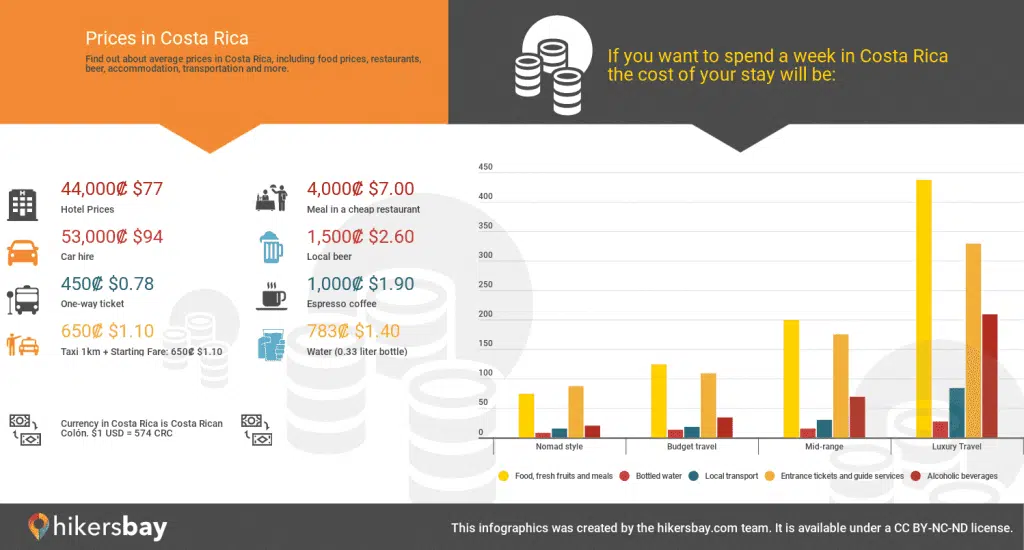Posted inQuestion about Japan
Is it hard to get a Japanese citizenship?
Acquiring Japanese citizenship is a challenging process that involves stringent eligibility criteria, lengthy processing times, and cultural barriers. Applicants must be at least 20 years old, have lived in Japan for at least five years, and speak, read, and write Japanese fluently. The naturalization exam tests the applicant's knowledge of Japanese language, history, and culture. One of the most challenging aspects is the requirement to renounce existing citizenship. Economic barriers can also make it difficult for foreigners to obtain Japanese citizenship as Japan is one of the most expensive countries in the world to live in. However, with determination and perseverance, it is possible to fulfill this dream.



